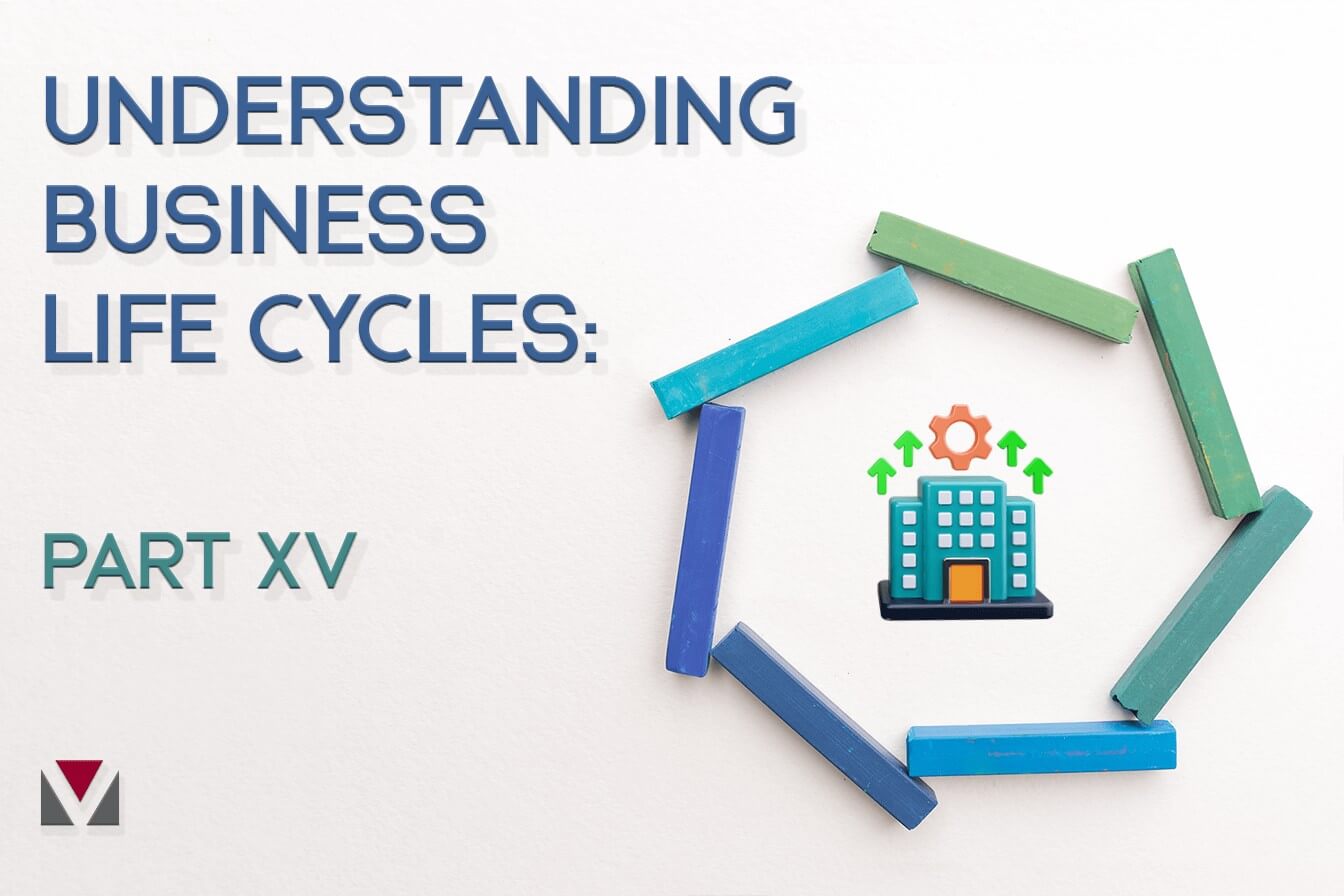LIFE CYCLES, Part XV
For most business owners, the transition from “We” to “Them” is a gradual process—part of personal and business maturing—that can take years to complete. Unfortunately, some never do.
Conversely, some owners exhibit leadership tendencies early on and manifest them while they’re still in their “Me” and “We” phases.
The best leaders of “Them” companies recognize that loyalty comes from persuasion and not from power. They don’t rely on their title, seniority, or credentials to inspire the loyalty of their people. Instead, they earn it through their trustworthiness, vulnerability, and integrity.
In his book Good to Great, Jim Collins details characteristics that describe what he refers to as Level 5 Leadership. Among them are: Personal humility, Professional will, Ambition for the organization, Focus on team success, and Discipline and Responsibility. While many of these are present in “Them” phase leaders, they’re not necessarily all present, nor do they need to be.
Not all “Them” phase business leaders are angels, all-stars, or Level 5 Leaders. Most are everyday folks who are trying to figure out how best to lead their company as it grows. They recognize that many of the lessons they learned early on need to be challenged in light of their company’s current size and age.
At the same time, “Them” phase business leaders do tend to make disciplined, data-driven business decisions. They understand the relationship between data and sustained business growth. They recognize that making disciplined decisions will help them make better decisions in hiring the right people—disciplined people who will help them build a disciplined company. And disciplined decision making will help them make more prudent financial decisions that are less influenced by their emotions of the moment and more influenced by informed data and the long-term success of the company.
It all starts with an owner’s ego: their ability to manage their own and to recognize that being the owner of a small business automatically places them at high-risk for having an inflated one. An inflated ego is obnoxious and annoying to people around us. It’s also the greatest threat to a company’s continued growth and the enemy of its ability to do so. Additionally, it interferes with our capacity to be coached, feel empathy for others, or to be grateful for the people and events that have contributed to our success.
An inflated ego interferes with a business owner’s ability to inspire loyalty from others—both their customers and their people. It puts an owner’s ethical behavior, empathy, and decision making at risk, and in the opinion of many business writers (including this author’s), it’s a leading cause of a business stalling or sliding into decline.
The best business leaders have created empowered teams by delegating both responsibilities and authority for decisions. Open communication exists up and down their organization. They have a student’s constantly-learning mindset for themselves and their people. They hold themselves and their people accountable. Perhaps most of all, they show courage and inspire loyalty through a display of their own vulnerability.



